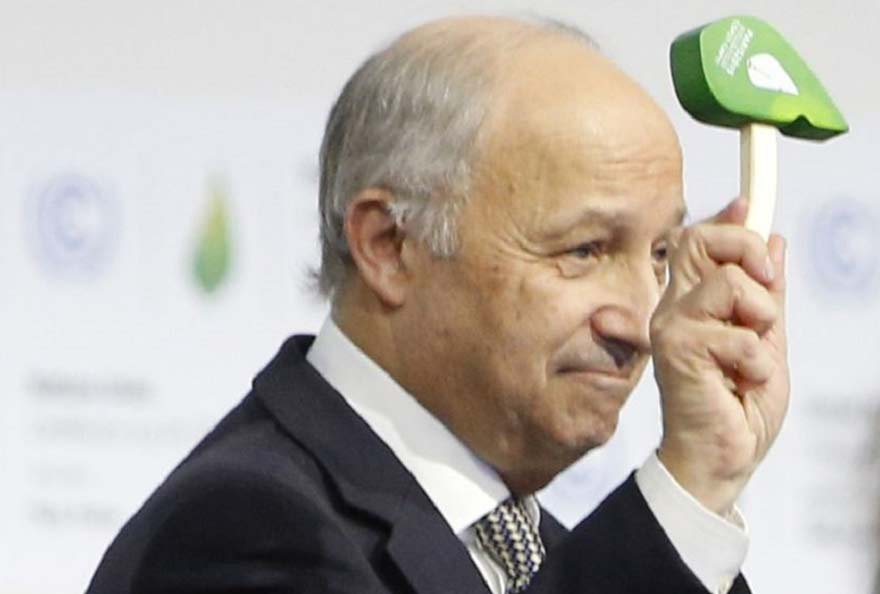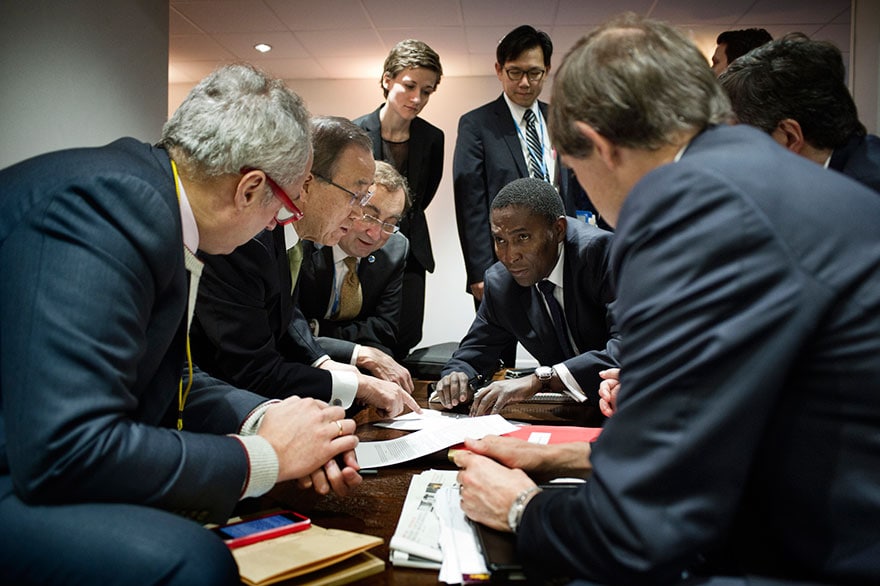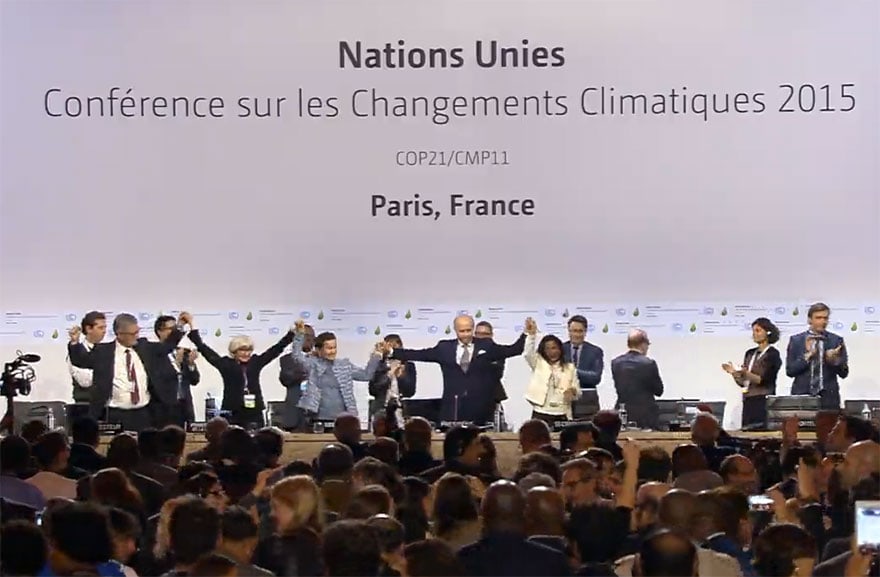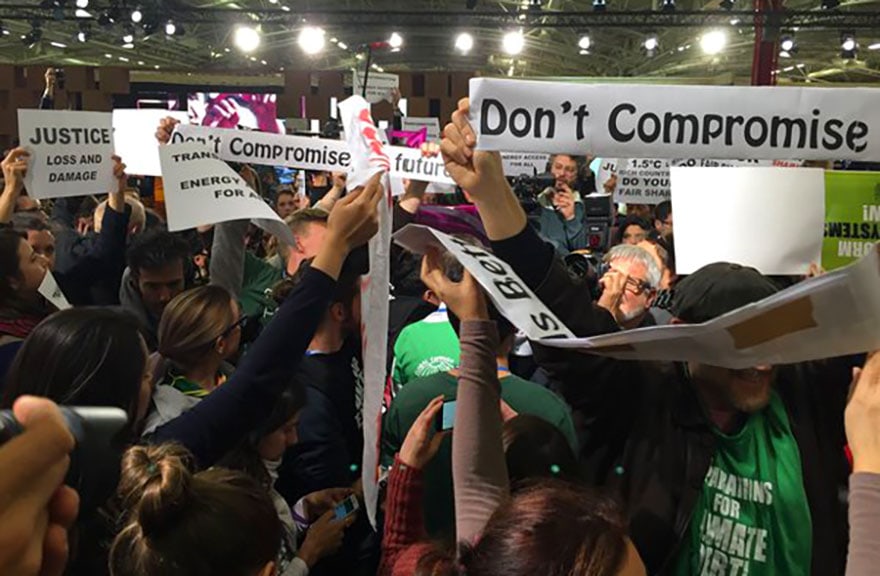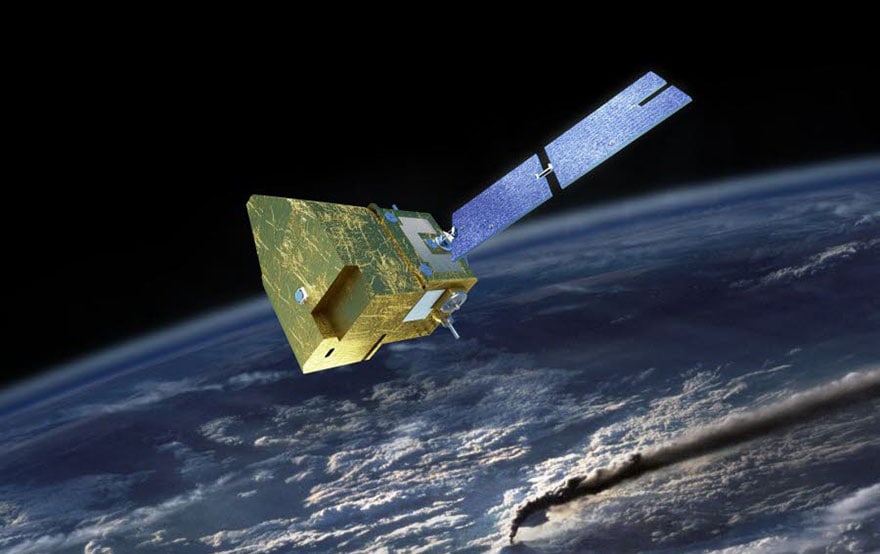Réaction de Anne Bringault, directrice du Réseau Action Climat :
Réaction de Jean-François Julliard, directeur de Greenpeace France :
Réaction d’Isabelle Autissier, Présidente du WWF France :
Réaction de Romain Benicchio, Responsable des négociations climatiques d’Oxfam France :
Réaction de Florent Compain, Président des Amis de la Terre France :


